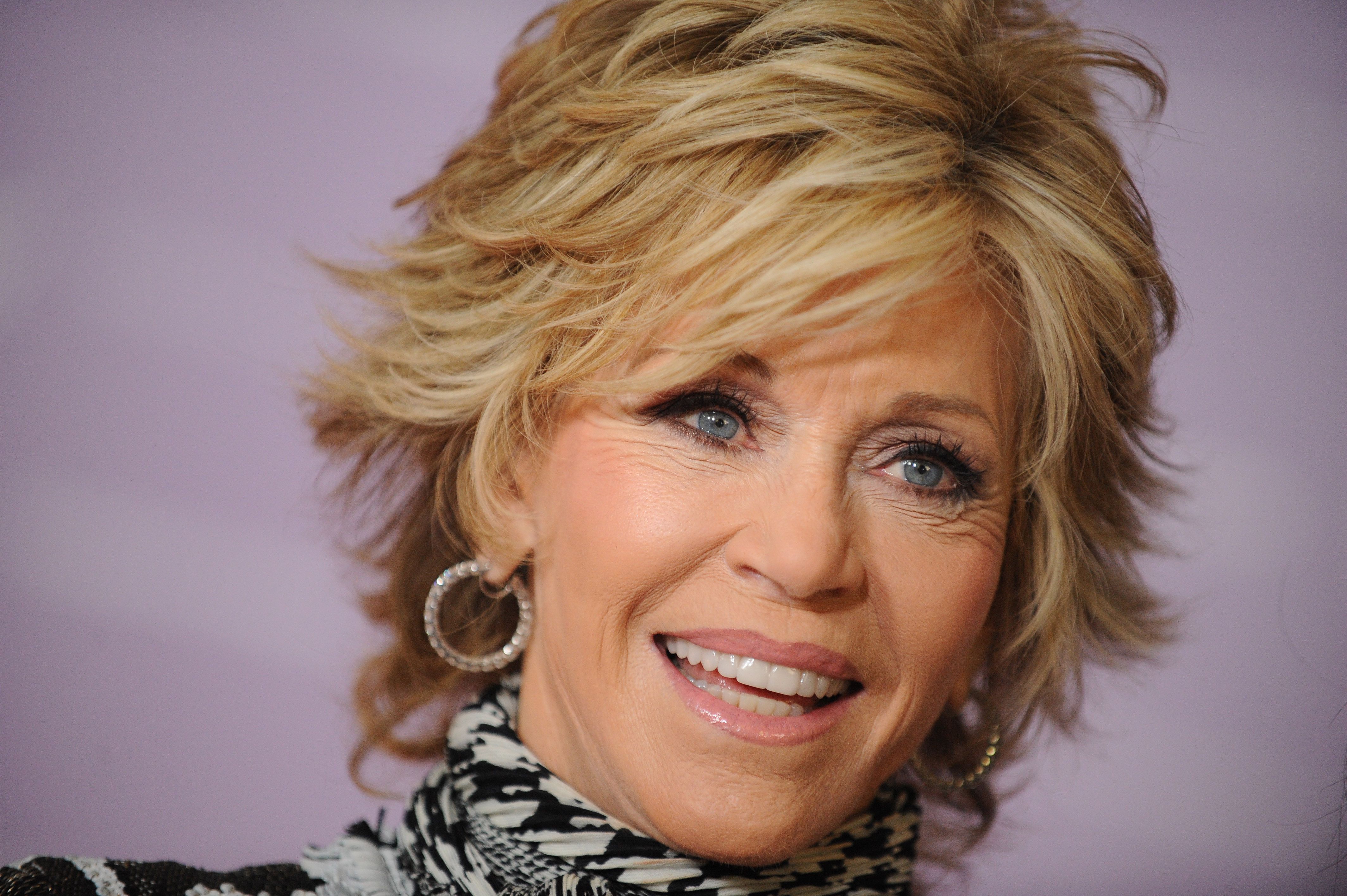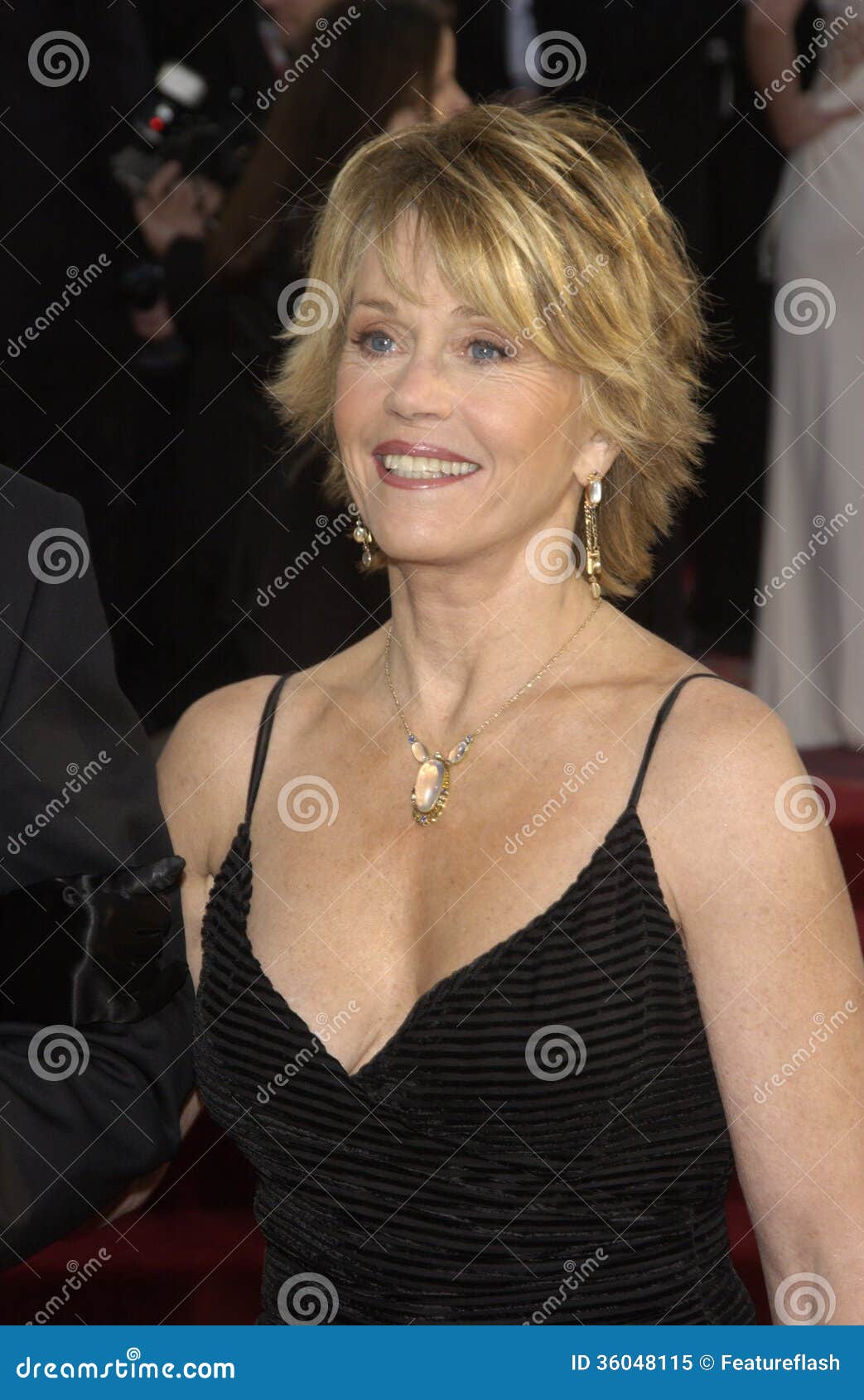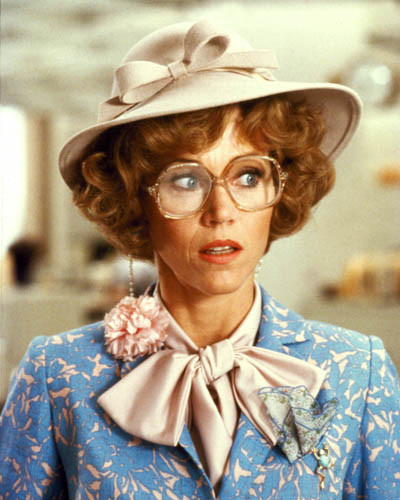

Un cine militante que surge de las circunstancias político-sociales que dieron lugar a mayo del 68 y que en el caso del cineasta se materializa mediante su participación en el Grupo Dziga Vertov. RESUMEN El presente artículo pretende mostrar cómo la consolidación de la forma cinematográfica del film-ensayo en la obra de Jean-Luc Godard es consecuencia de la evolución de su experiencia en el cinéma militant.

With the analysis of Letter to Jane this paper tries to demonstrate how the irruption of subjectivity in the revolutionary cinematic practice allows the appearance of self-reflexivity and the thinking process that define the cinematic essay. The defining elements of the group’s filmic experience –the supremacy of montage, the dialectics between images and sounds and the relevance of the spectator as an active part of a dialogical practice– are the same that bring about the essayistic form when the film is enunciated from the author’s subjectivity. This militant cinema emerges from the political and social circumstances that caused May 68 and in the case of the filmmaker is materialized through his participation in the Dziga Vertov Group.

On the bright side, Fonda said she expects to see sexual harassment decline “because guys are scared.The present article aims to show how the consolidation of the cinematic form of the essay film in Jean-Luc Godard’s work is a consequence of the evolution of his experience in the cinéma militant. The new take on women’s mistreatment in the workplace will have to address how the situation is worse today in some regards, including treatment of contract workers, or she won’t be in it, Fonda said. Fonda continues to work, starring opposite Lily Tomlin on the Netflix series “Grace and Frankie” and working with Tomlin and Dolly Parton on a sequel to their hit 1980 movie “9 to 5.” She felt betrayed and lied to by America’s leadership over the war and decided she would do everything possible to help stop it as part of a movement, Fonda said.Īt age 80, Fonda looks back at her life in HBO’s “Jane Fonda in Five Acts,” from director-producer Susan Lacy and debuting this fall. Her late father, the famed actor Henry Fonda, was a World War II veteran and Jane Fonda had served as “Miss Army Recruiter” in 1954. Her belief that America always fought on “the side of the angels” was shaken by what she heard and later read. soldiers in Paris that sparked her activism, Fonda said.

She said it was thoughtless to perch on the gun and called it “horrible” to think about the message her action sent to soldiers and their families, she said.


 0 kommentar(er)
0 kommentar(er)
